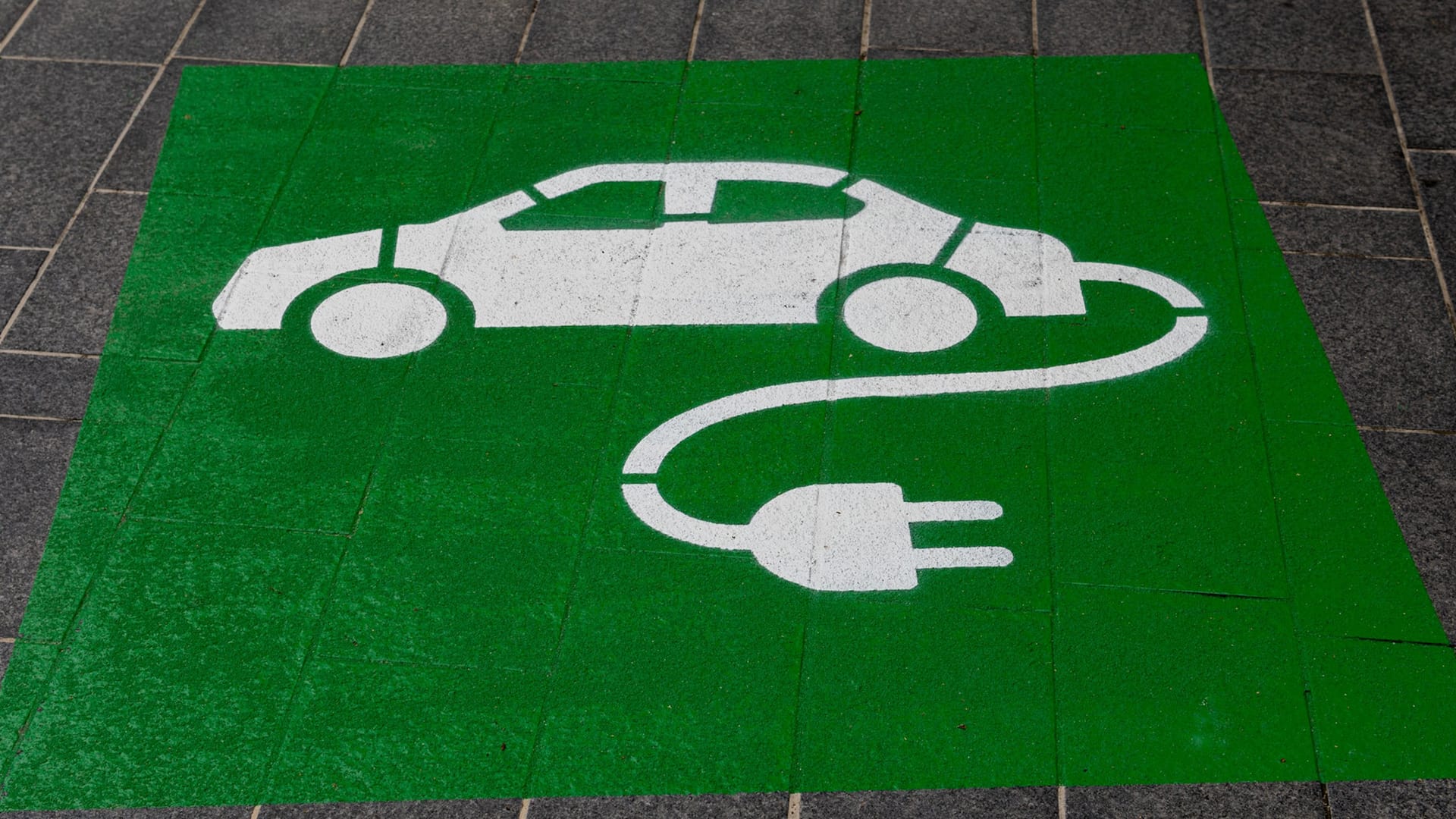A mother used her EV to power her son’s dialysis machine amid storms and a blackout | Electric vehicles with bidirectional charging can be life-saving, especially in times of power cuts and natural…::Electric vehicles with bidirectional charging can be life-saving, especially in times of power cuts and natural disasters.



Forget just cars, cities should have battery stations all over town for whatever emergency reason. During a network outage, they just take your credit card on faith and settle accounts once the bank networks are up again.
Small scale power generation and storage should be the future.
It’s a fuckton cheaper to have 1000MW batteries than one huge 1GW battery.
Better for reliability too.
Maybe. But you gotta factor in maintenance and replacement costs. There’s a reason consolidation happens, and that’s because it’s cheaper to maintain one big thing with fewer people than to keep a system operational that has lot and lots of little parts.
I agree with you, a distributed system with more failsafes and backups seems like a far better idea for infrastructure continuity and security, but business doesn’t see it that way.
One answer could be to croudsource it. A mesh network of generative and storage nodes, like someone with solar and a home battery, but large enough to backfeed as needed. Perhaps on an hoa/neighborhood scale. If it could be incentivizes and achieved without undercutting the grid then it could eliminate the need for peaker plants
That would be helpful, however knowing people they’d unplug their shared car battery and save it because “me first.”
If the storm took down the utility pole 3 blocks away you’re not getting city’s batteries to help you through. There’s a certain charm to distributing reasonably the power storage.